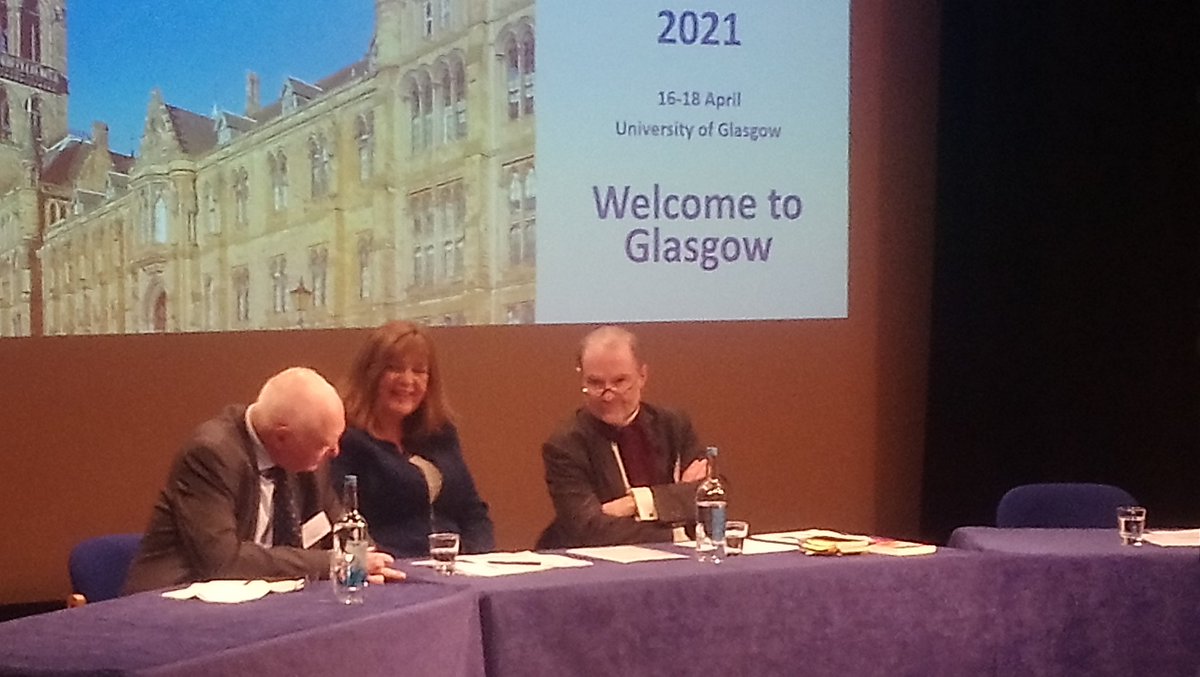So, April’s big event for RusTrans was BASEES! Muireann and I were out in full force, along with about 500 other Slavonic and East European scholars, for the annual BASEES conference (12-14 April) in sunny, spring-like Cambridge. This year saw a break from Fitzwilliam College; the conference took place at Robinson College for the first time. Delegates arrived from universities representing all parts of the UK, from further flung institutions (Russia, US, Germany, Italy, Czech Republic, Poland, Hungary, Baltics, Serbia, Croatia), and from further still, India, Pakistan and China! Areas of specialism this year covered literatures and cultures (into which category came our own RusTrans interests: Russian literary translation and translators), sociology and geography, history, politics, film/media, languages and linguistics, and economics – in other words, a dazzling pick-and-mix of panels, something for everyone. This was not only an incredible feat of organisation (hearty thanks and post-conference congratulations to Matthias Neumann, Chris Jones and any other organisers) but, for one weekend only, Robinson College was a veritable one-stop-shop for all things Slavic.
Over the course of the conference, there were nine sessions, each one consisting of up to 15-18 panels, plus: three keynote roundtables, the BASEES AGM (see below), the BASEES women’s forum (which saw the launch of Eurasian, East & Central European Studies Women Academic Forum), the Routledge drinks reception, the BASEES conference dinner and passing the baton of BASEES presidency from Judith Pallot (University of Oxford/University of Helsinki) to Matthias Neumann (University of East Anglia), awards for academic achievement (congratulations to Steve Smith for winning the Alexander Nove Prize, Melissa Feinberg for the George Blazyca Prize, Catherine Gibson for the BASEES Postgraduate Prize, and from the BASEES Women’s Forum, Claire Shaw for the Book Prize, Sarah Marks for the Article Prize, and Sasha Rasmussen for the Postgraduate Paper Prize) and even a film screening! All this to a background noise of scholars energetically networking with friends old and new and in an array of languages, buying books and/or negotiating book deals, discussing the finer points of panel presentations, sharing research, making plans for possible research opportunities, and hatching future conferences (incidentally, BASEES will be in Cambridge again next year, but Glasgow in 2021). The all-round sound of information exchange… amazing!
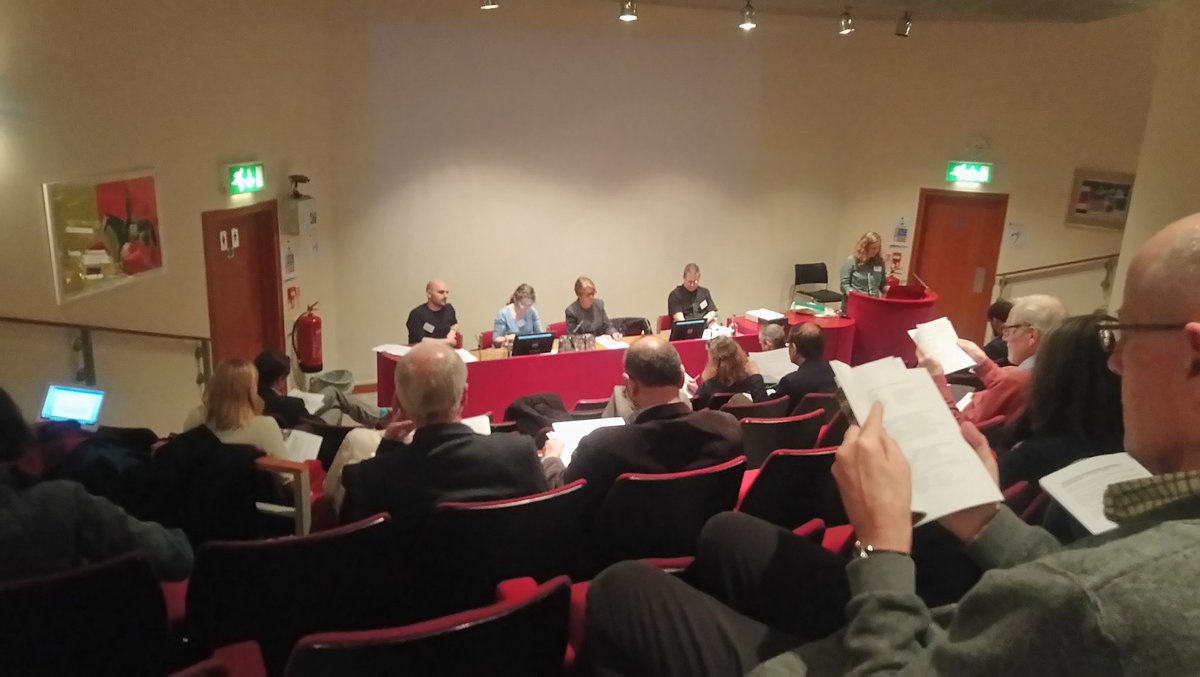
Muireann and I launched into the conference on Friday afternoon chairing our own separate literature panels; an entrée of Demons, The Idiot and Brothers Karamazov for Muireann, and for me, a panel on literary and cultural reception in Eastern Europe with Krystyna Wieszczek’s (University of Southampton) opening paper ‘Censorship, Book-Smuggling and Clandestine Prints: George Orwell’s Polish Reception’, followed by Susan Reynolds’s (British Library) paper ‘Three Poets, Two Centuries, One Literature: Vrchlicky and Capek’s Anthologies of Modern French Poetry’. Both papers prompted detailed discussion on archives, translators, translation strategy – a perfect start, therefore, to my conference.
Friday evening saw a packed auditorium for the keynote roundtable (below) on ‘The Criminal Justice System in post-Soviet Russia’ with Mikhail Khodorkovsky (Open Russia), Mark Galeotti (European University Institute), chaired by Judith Pallot and interpreted by Josie von Zitzewitz (University of Cambridge). The hour-long discussion about Russia’s past, present and future – as seen through the eyes and experiences of Khodorkovsky and as researched by Galeotti – attracted a swathe of questions from a fascinated audience, in both Russian and English.
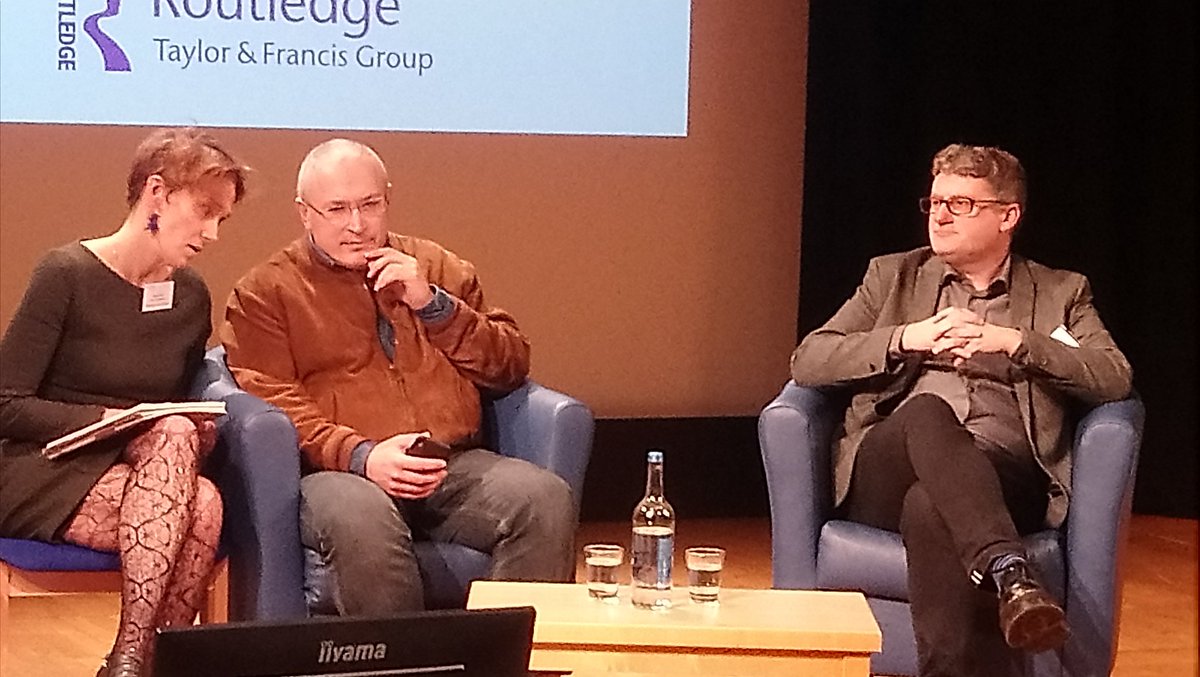
Muireann and I started out on Saturday with another dose of Dostoevsky at the panel entitled ‘Virtual Sequels, Subtexts, and Unreliable Narrators’ convened for the BASEES 19th-Century Study Group. This panel featured: Inna Tigountsova from QMUL presenting ‘Birds in Fedor Dostoevsky’s “Poor Folk” and J.W. von Goethe’s “The Sufferings of Poor Werther”,
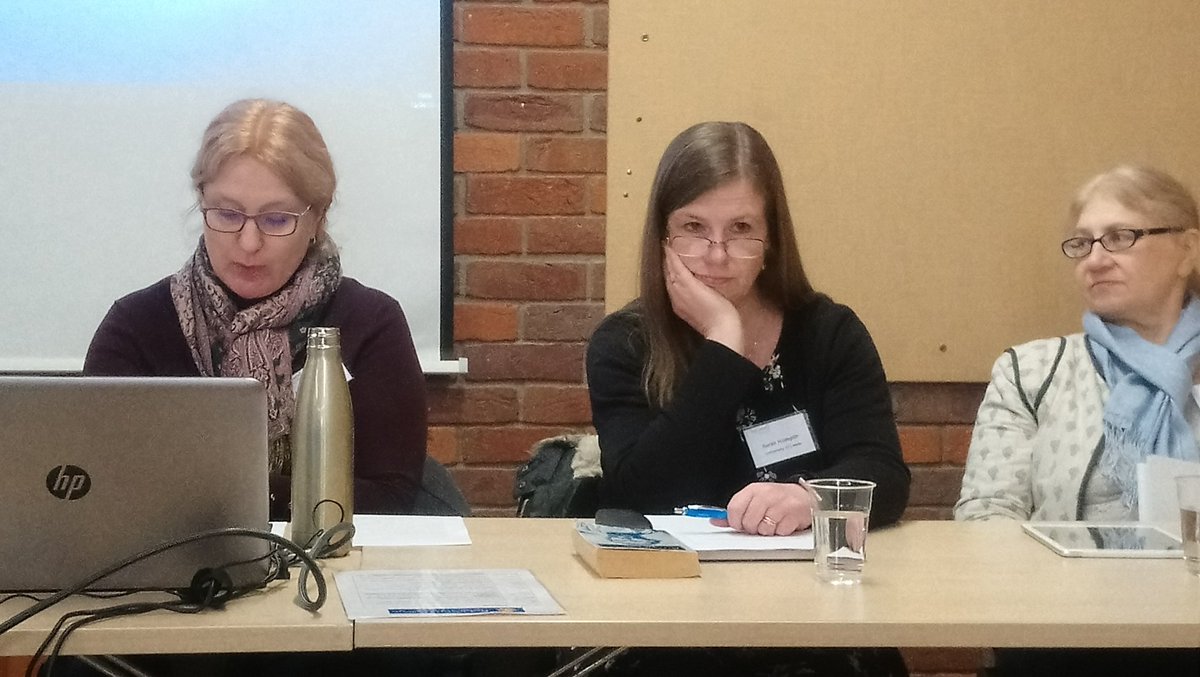
Sarah Hudspith (above middle) from University of Leeds with ‘Ippolit’s “Necessary Explanation”: Success or Failure’, Alexander Burry (below) from Ohio State University with ‘”The Stone Guest” as Subtext in “The Brothers Karamazov”’,
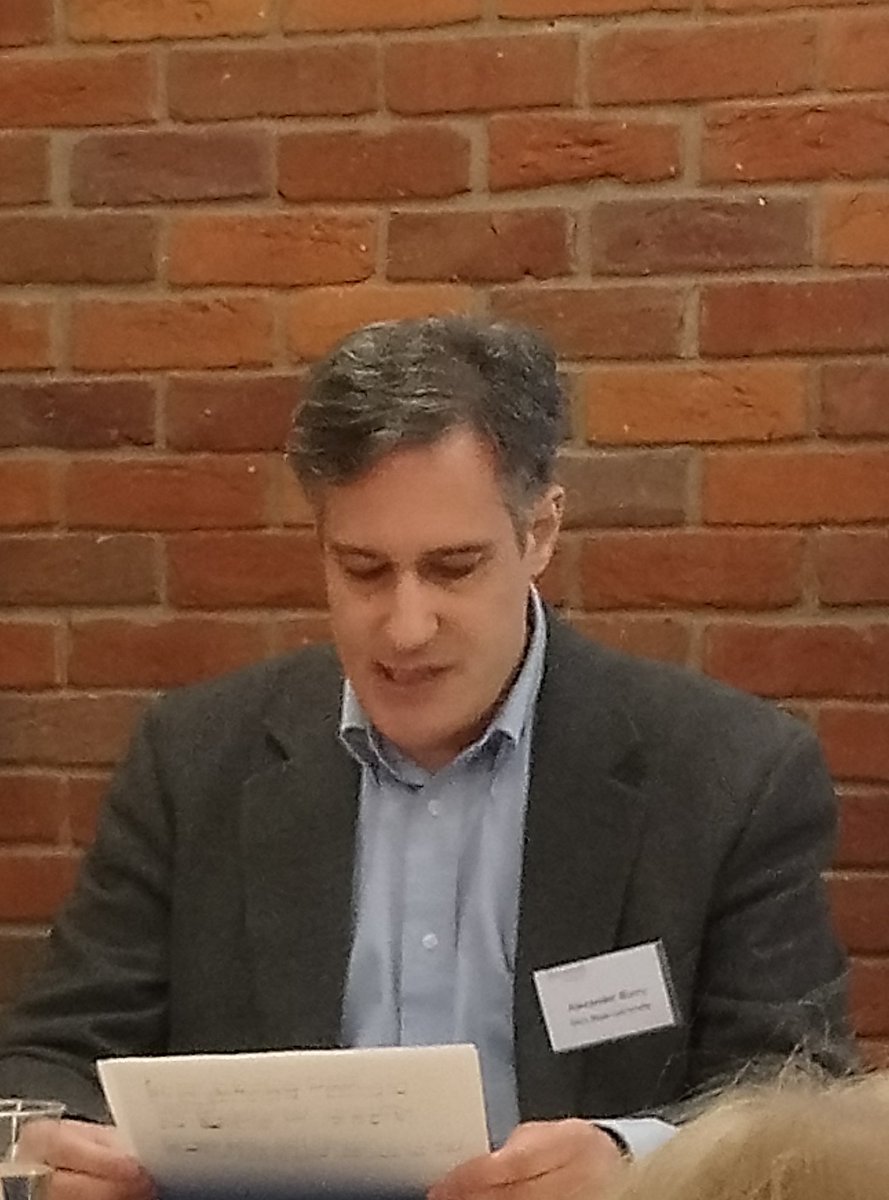
and Rolf Hellebust from Dalhousie University speaking on ‘Dostoevsky’s Virtual Sequels’. A series of lively and thought-provoking papers, chaired by Olga Ushakova from Tiumen University and with Muireann as discussant. The panel prompted much discussion and audience engagement.
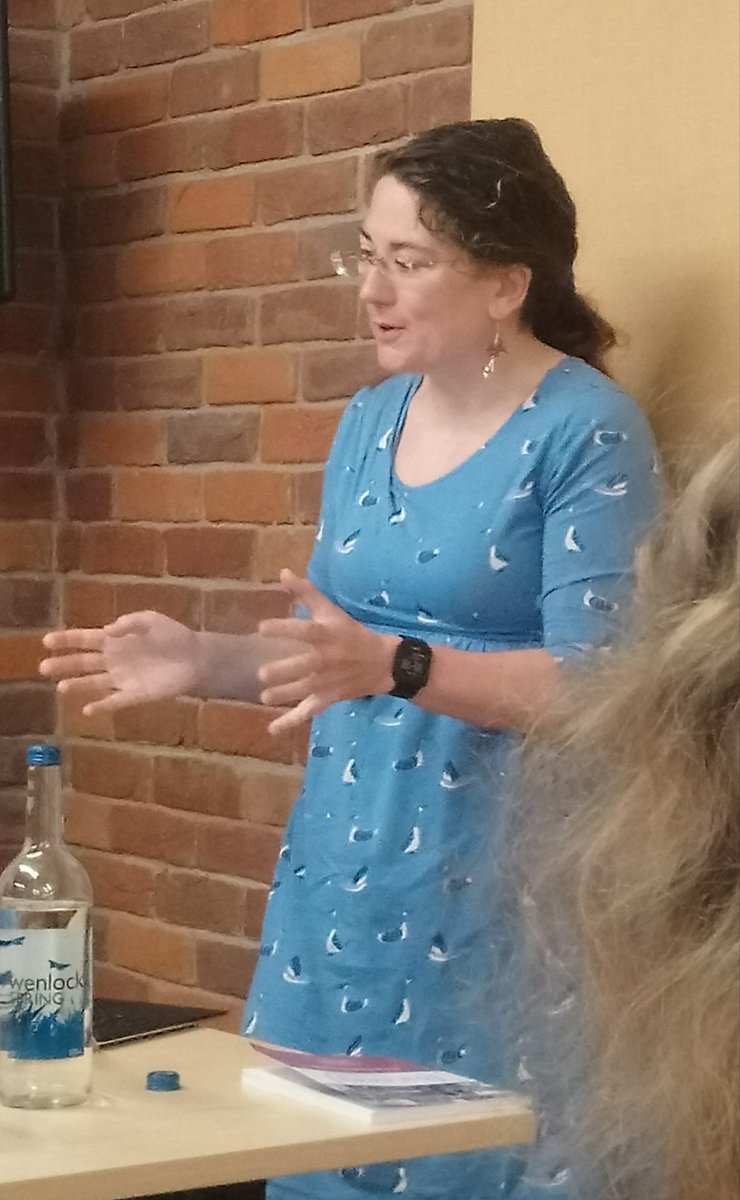
And then RusTrans had its first, official conference panel ‘Answers in the Archives: Translators and their Microhistories’, made up of Dr Natalia Rulyova’s (University of Birmingham) fascinating paper on Brodsky’s interlinear translators, my paper on the Penguin Russian Classics translators (see below), and Muireann’s paper on Daisy Mackin, the Irish translator of Russian literature for An Gum. Three papers which all drew on original archival research and interviews in order to construct translator microhistories, and which resulted – pleasingly – in much interest and animated discussion from the audience.
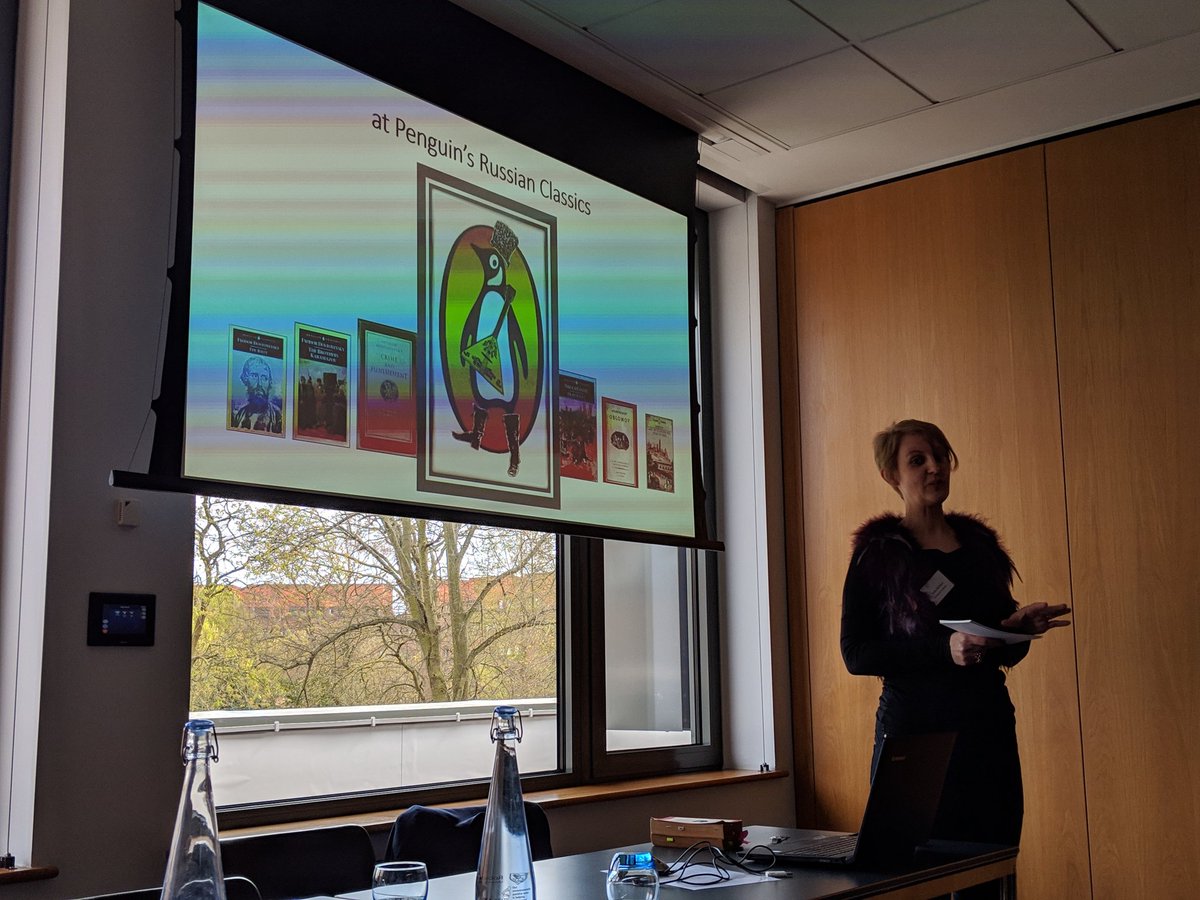
And so, we had our fair share of information exchange, hearing and discussing the latest views on Russian literary translation but also introducing the RusTrans project to scholars who have been following our recent RusTrans tweets and social media updates and were keen to know more. Time well spent.
The finale for day two (and the last port of call for me before dashing for the last train home) was another keynote roundtable (below) ‘Witnessing the Collapse of Communism in Central and Eastern Europe and the Disintegration of the Soviet Union’ with former diplomatic correspondent for the BBC Bridget Kendall (University of Cambridge), the historian Timothy Garton Ash (University of Oxford), and civil rights campaigner and politician, Jens Reich. Prompted by chair Matthias Neumann, all three interviewees offered their very personal reminiscences of a key moment in European history, and in their careers, to a packed and evidently appreciative auditorium.
